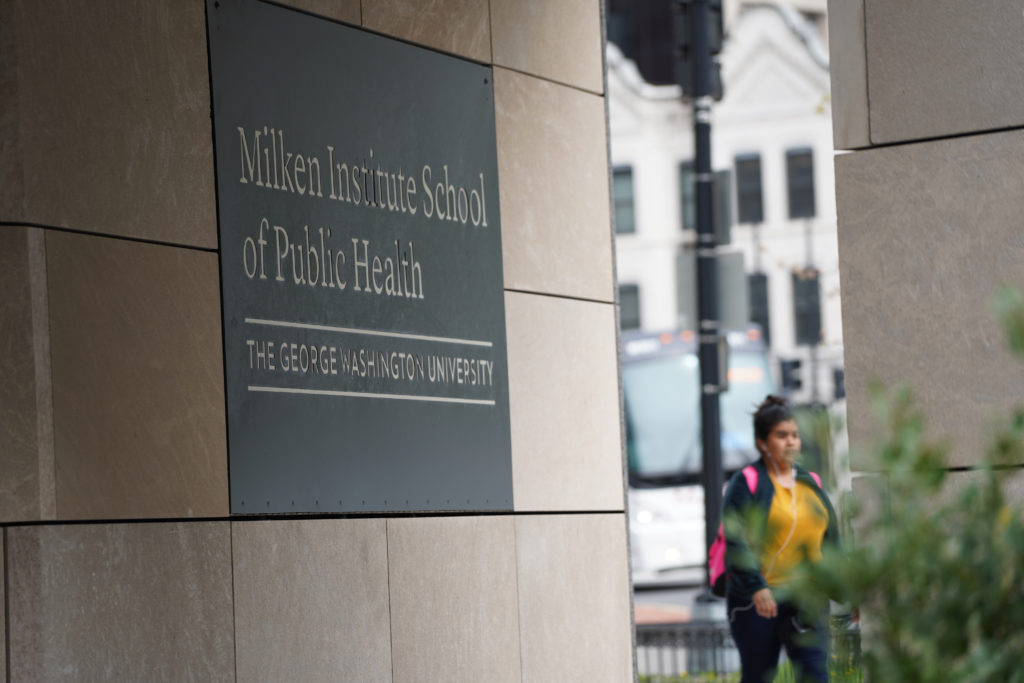An associate professor of environmental and occupational health and sociology spent three years producing a film that explores the effects of a hydroelectric dam on the indigenous people of the Amazon.
Sabrina McCormick, the producer, co-director and co-writer of the film “Sequestrada,” or “Kidnapped,” said the film focuses on how the Belo Monte Dam in Brazil will cause flooding, deforestation and the displacement of indigenous people. McCormick said she hopes the film will inspire audiences to advocate on behalf of the Amazon and its inhabitants.
The Belo Monte Dam is part of Brazilian government officials’ plan to construct 60 large hydroelectric dams in the Amazon over the next 20 years, according to International Rivers, an organization that advocates for indigenous populations.
McCormick said the dam’s impending destruction has forced indigenous populations to migrate from their native lands to places like Altamira, Brazil. She said the influx of new populations into these areas has prompted increases in kidnappings and sex trafficking of children.
“When I first learned about it, I knew it was a super important project,” McCormick said. “But it wasn’t until several years ago that I decided, no matter how hard it was going to be, to make this film.”
She said the film focuses on a young girl in the Arara tribe, a group indigenous to the Brazilian Amazon, who is kidnapped by sex traffickers and must find a way to escape and return home to her family.
“We really use her story as a way to see behind or into this world where the dam is, has been built and will soon become functional or very likely,” McCormick said.
She said flooding resulting from the dam’s construction has displaced indigenous communities from their homes, which disrupts their health and cultural roots.
“What they’re losing is the place attachment to their communities and their ancestors and their history, which has effects on their ability to maintain their culture and their mental health and well-being,” she said.
The roughly 90-minute film will premiere Friday in New York and will be released Dec. 17 on iTunes, Google Play and other platforms, according to a release from the Milken Institute School of Public Health. McCormick said officials in the Dirksen Senate Office Building are hosting a special screening on Capitol Hill Dec. 9.
McCormick said she wants to address climate change and Amazonian degradation because Americans tend to be “detached” from global environmental issues. She said she hopes the film allows audiences to empathize with a situation that is foreign to them.
“It’s hard to think beyond our own immediate circumstances to the way that the rest of the world might affect us. It’s just that it’s a challenge to the human psyche,” she said.
McCormick said using a narrative structure for the film creates a stronger connection between viewers and the “emotional” story than a strictly fact-based documentary film would. She said she hopes audiences will empathize with the young lead character and demand that policymakers stop building large dams like the Monte Belo.
“Reaching the human heart is more important than reaching the human mind,” McCormick said.
Environmental experts who study the Amazon said audiences will empathize with the young girl’s struggles, which will raise awareness and inspire people to take action on issues affecting the Amazon.
Eve Bratman, an assistant professor of environmental studies at Franklin and Marshall College, said the forced relocation of indigenous people from native lands to urban communities has divested them of their cultural attachment to the rainforest. She said the dam’s construction will cause flooding and decrease fish populations, which throws indigenous peoples’ river-based lifestyle “into chaos.”
“That meant lifestyle changes that make their current ways of living completely unrecognizable from how they were in the past,” Bratman said.
Peter Klein, an assistant professor of sociology and environmental and urban studies at Bard College, said the film gives a voice to tribes, like the Arara, that are often quashed. Klein said Belo Monte has received ample media coverage as the fourth largest hydroelectric dam in the world, but news outlets have not covered how the dam impacts indigenous populations.
“To have the voice and images of the people being affected, being able to share their own story, I think is something very valuable,” he said.




